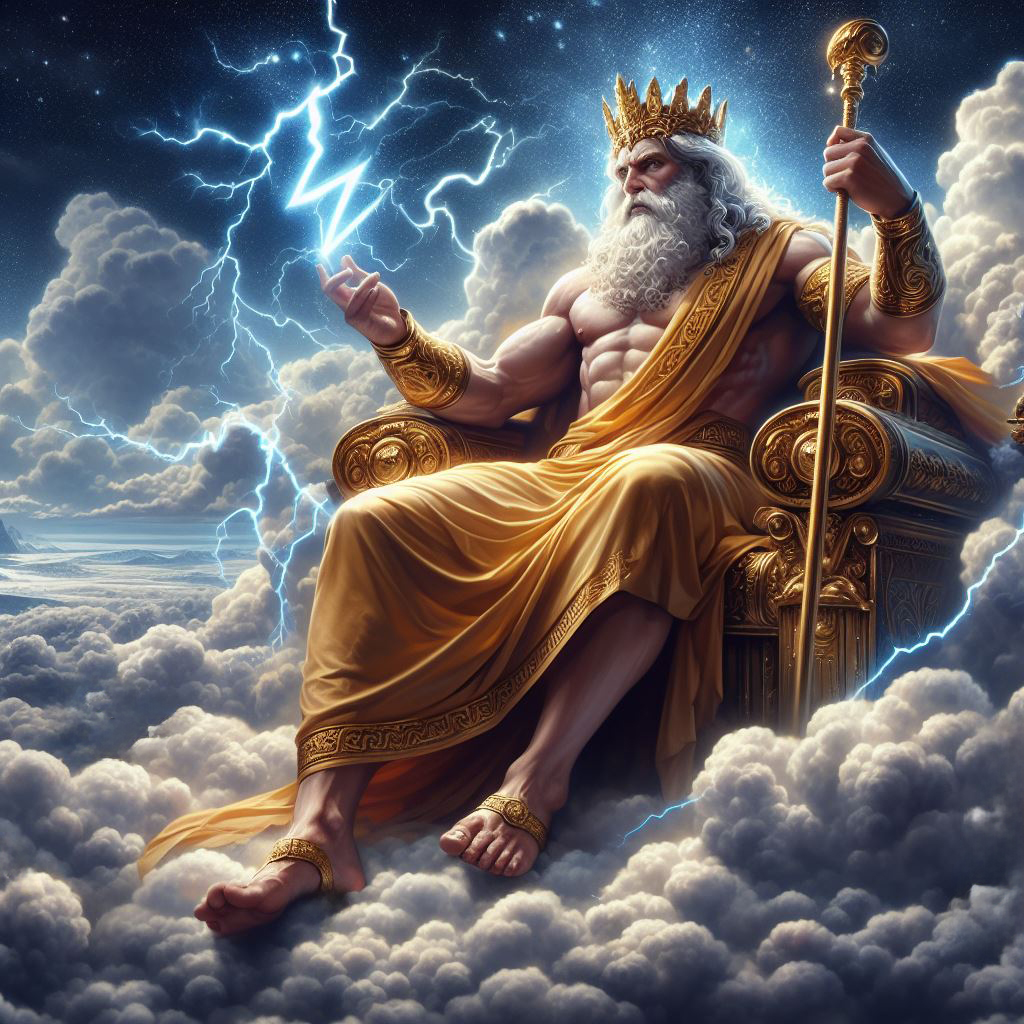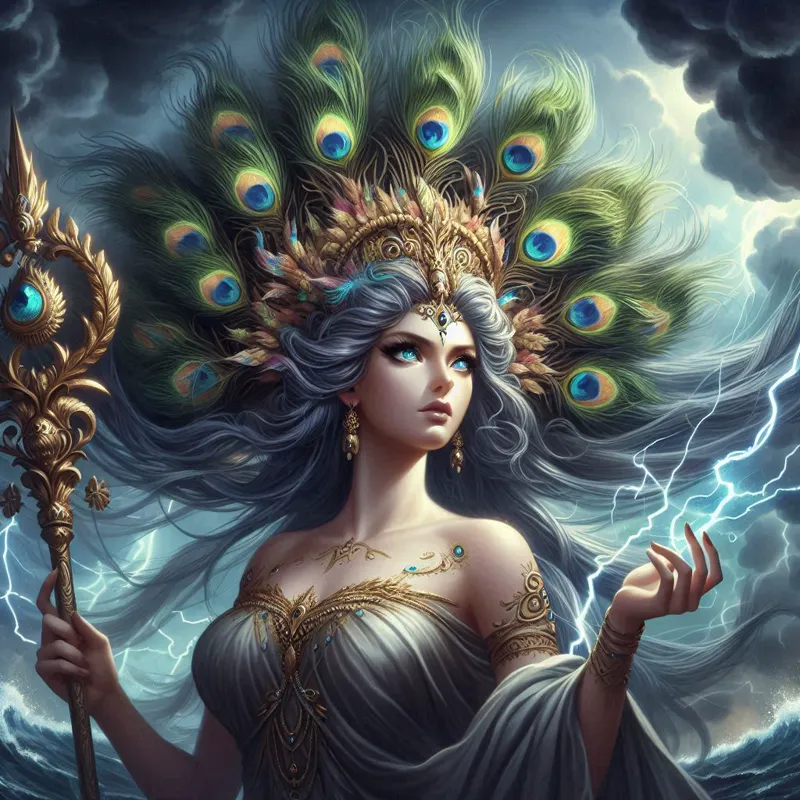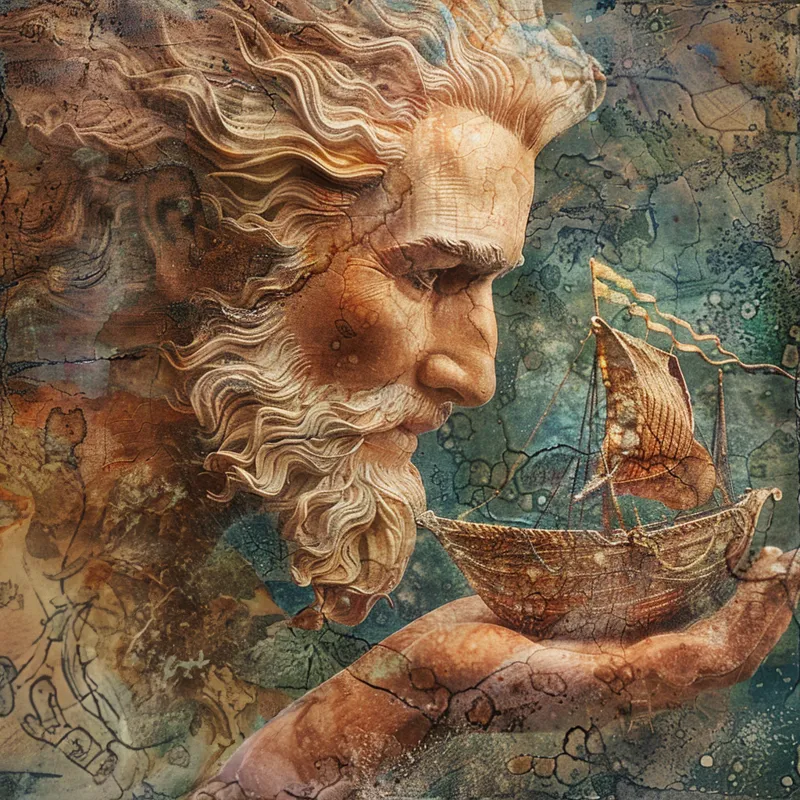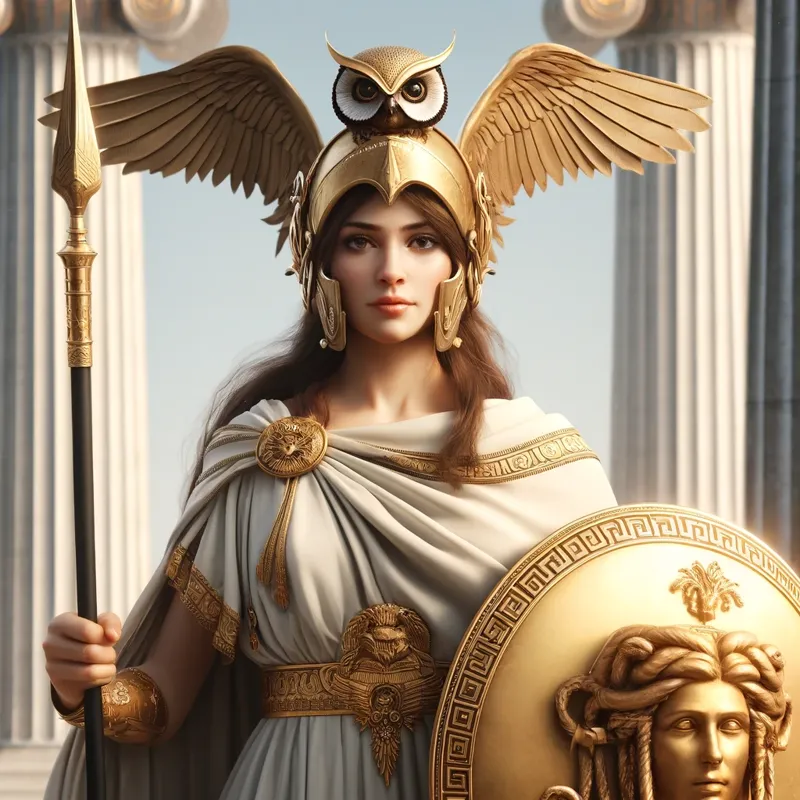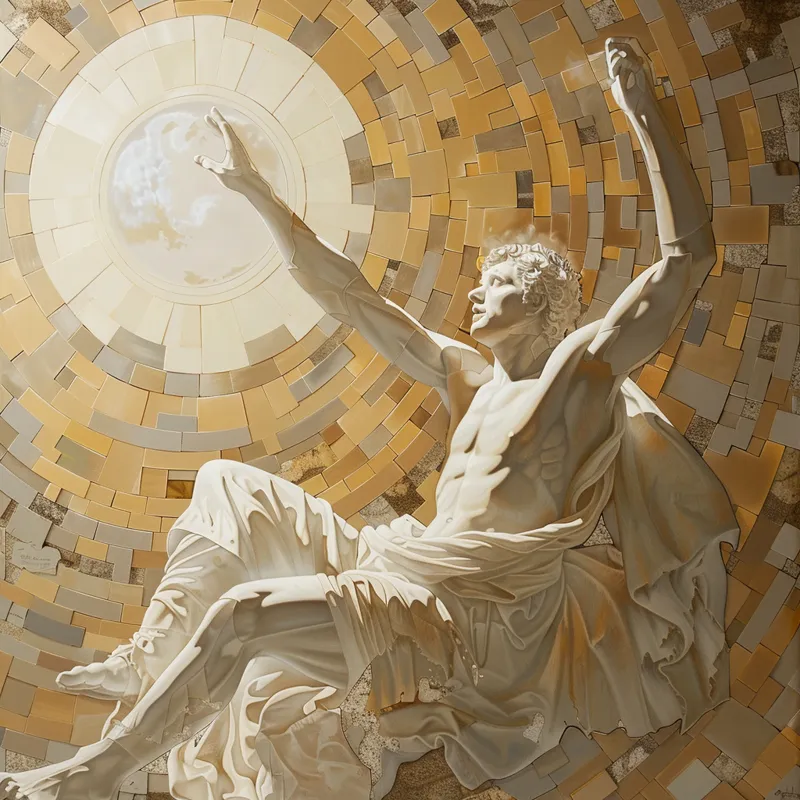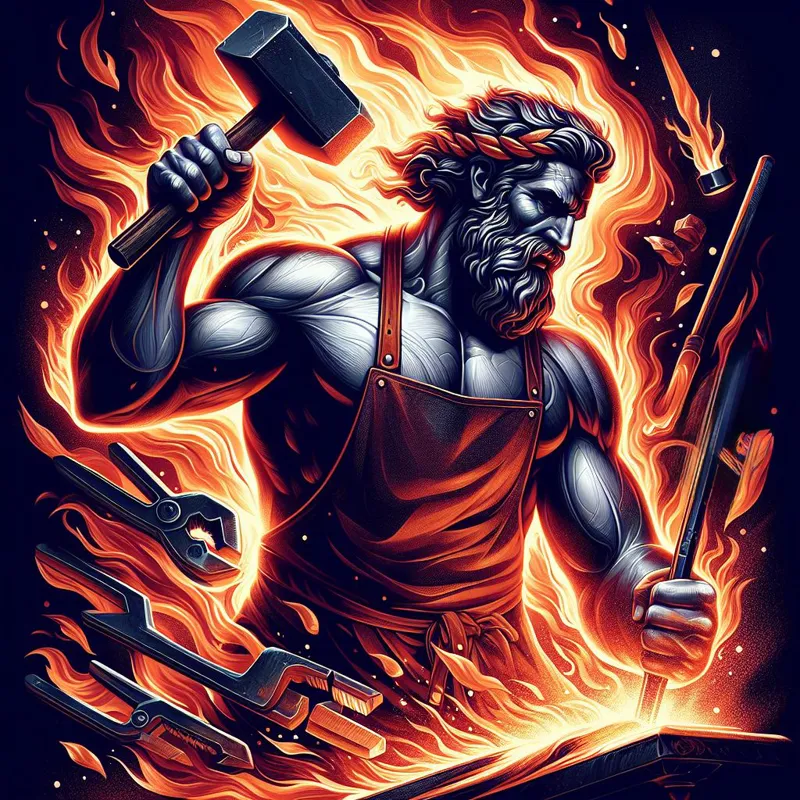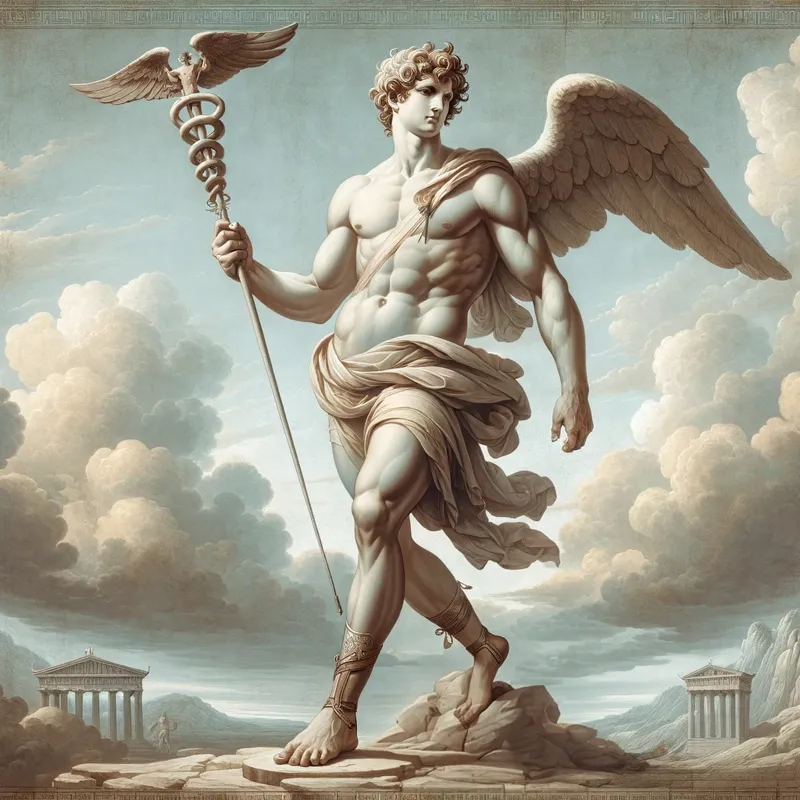
Inner turmoil
The tale of Hercules and the Eighth Labor is a gripping narrative filled with danger, strategy, and the hero's undying determination. In this labor, Hercules was charged with capturing the man-eating mares owned by the brutal King Diomedes of Thrace. These weren't ordinary horses but savage beasts with a voracious appetite for human flesh, a grim testament to the malevolence of their master, Diomedes.
The Trek to Thrace

Ghost town
Hercules began his journey to Thrace, the land where King Diomedes and his dreaded mares resided. The whispers of the mares' reputation preceded them, casting an ominous shadow over Hercules' quest. Every step towards Thrace was a reminder of the peril that lay ahead.
The local inhabitants, staunchly loyal to their king, watched Hercules with suspicion, adding to the palpable tension in the air.
Confronting the Beasts

Bloodthirsty howls of anguish
Upon reaching the stables, Hercules was met with the unsettling sight of the mares. Their eyes, filled with malice, and their restless demeanor showcased their savage nature. The tales of their brutality weren't mere myths; they were all too real.

Tyranny
Each snarl, each restless movement by the mares was a testament to the challenge Hercules faced. Their power and ferocity were unmatched, demanding respect and caution.
Trapping the Mares

Sprint
Recognizing the danger of a direct confrontation, Hercules concocted a plan. Drawing the mares out of their enclosure, he led them to a nearby peninsula.
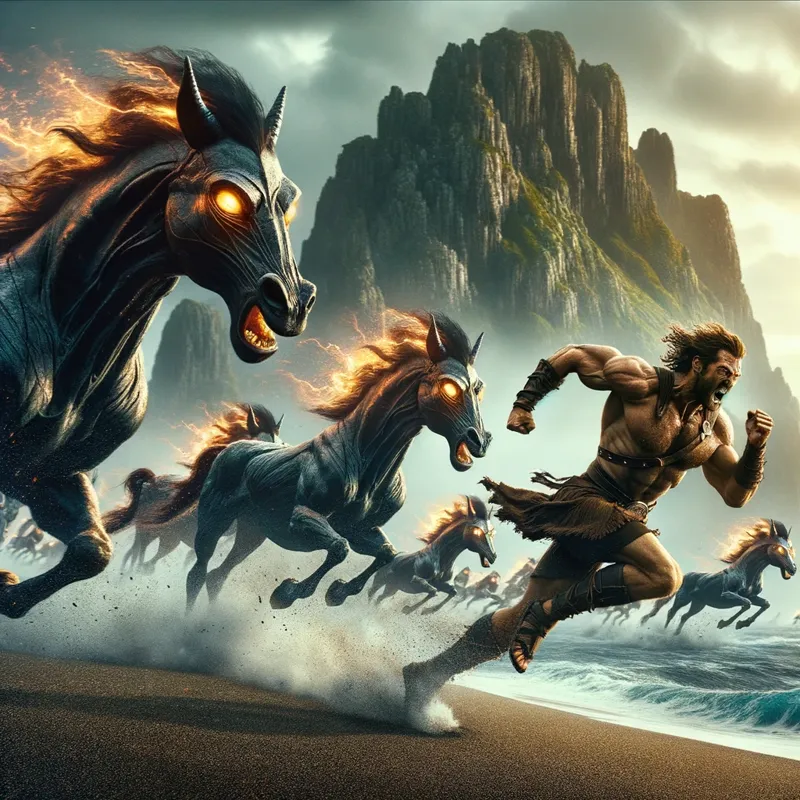
To the peninsula
With haste and precision, he dug deep trenches around it, essentially converting the peninsula into an island. The mares, for all their wildness, were now trapped, their menace contained.

Split the land
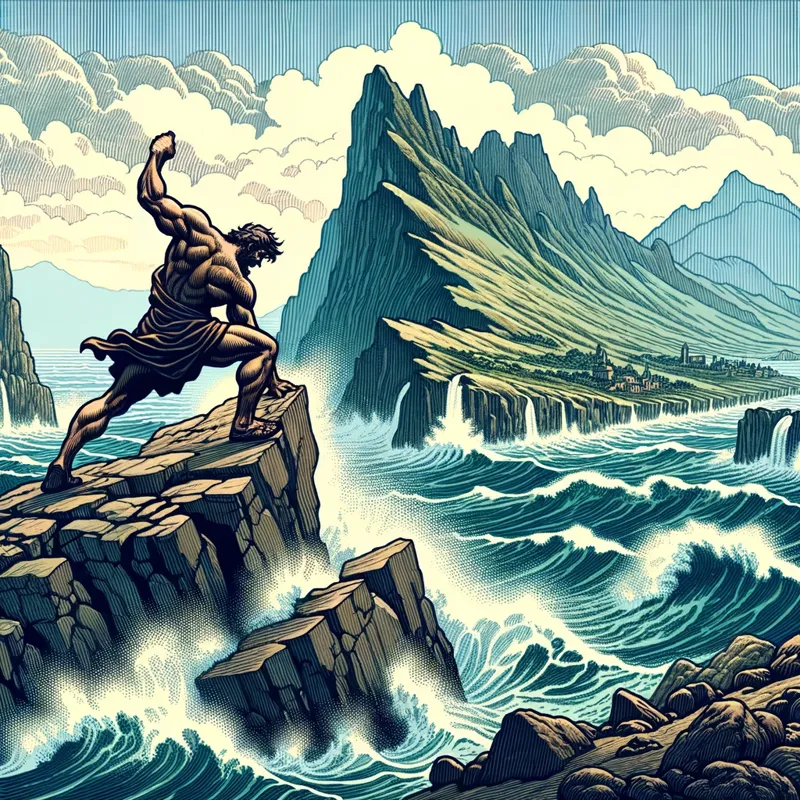
Separated by chaotic waters
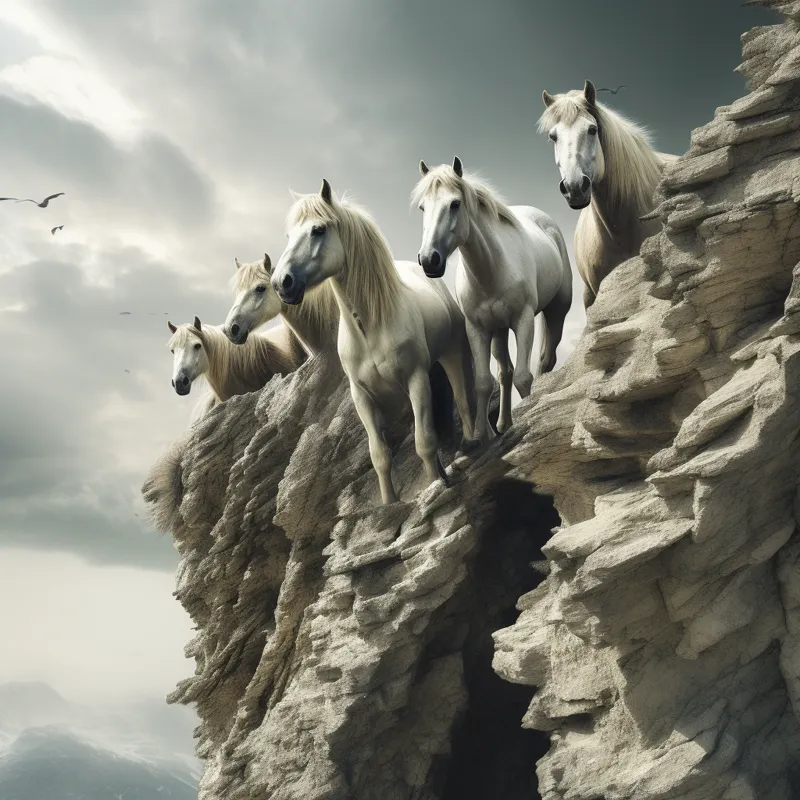
Ark
Duel with Diomedes
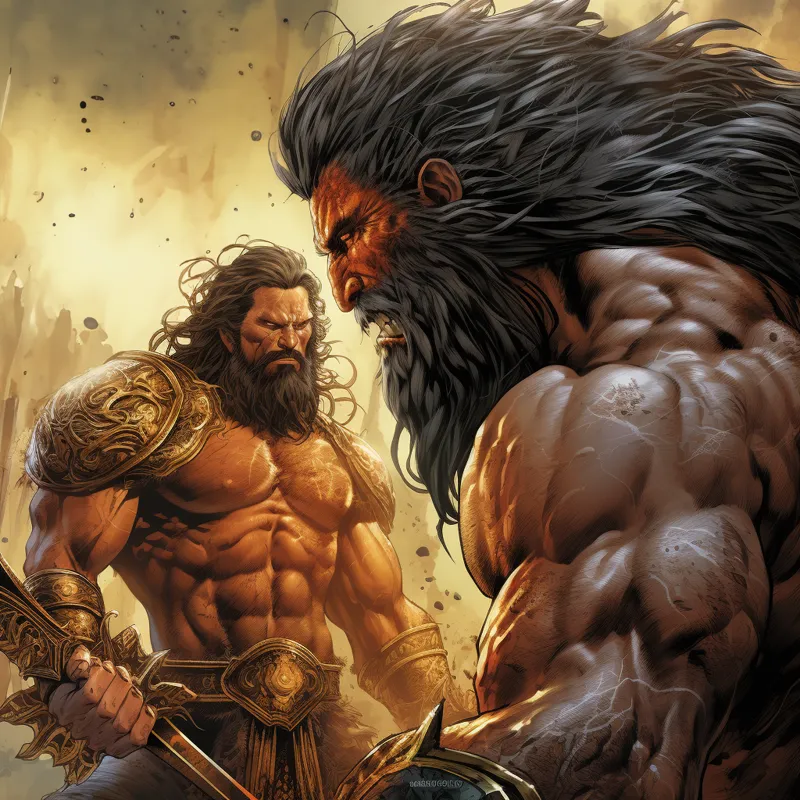
Power vs power... but is there something more?
The capture of the mares did not go unnoticed. Enraged by the audacity of Hercules' actions, King Diomedes confronted him. A fierce battle ensued between the two titans. Hercules, drawing upon his strength and skill, managed to overpower Diomedes.

Retribution
In a fitting twist of fate, the cruel king met his end at the jaws of his own mares, a poetic justice that Hercules deemed appropriate.
Subduing the Mares
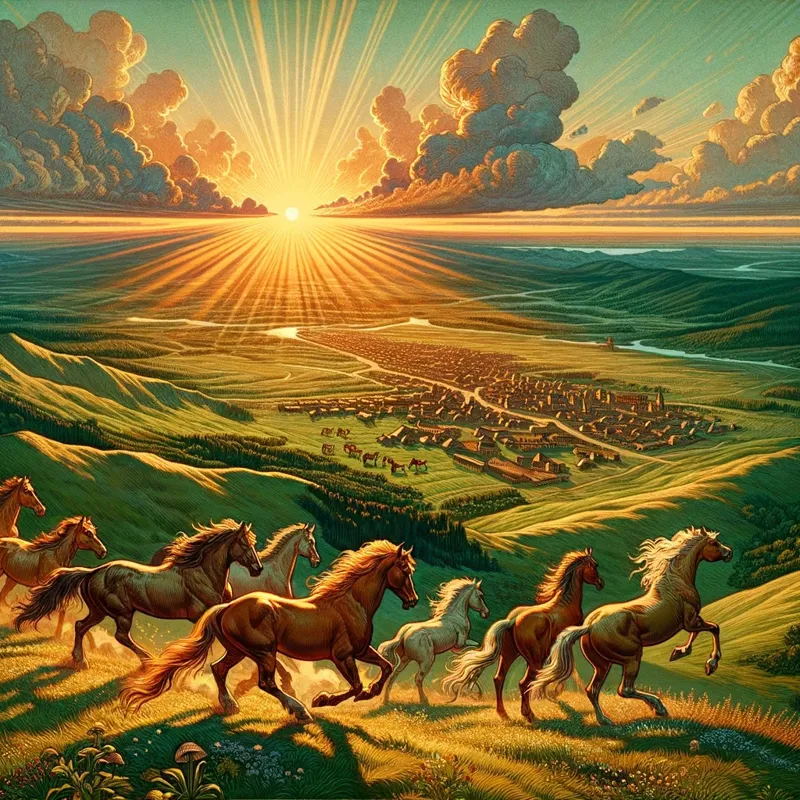
A violent past fades away
With Diomedes defeated, Hercules' attention returned to the mares. The challenge was not just to capture but to tame these wild beasts.
Over time, with patience and his indomitable spirit, Hercules managed to subdue the mares. The creatures, once symbols of terror, began to show signs of calmness, their violent past slowly fading away.
Return to Eurystheus

Begrudging acknowledgment
With the mares tamed, Hercules embarked on the journey back to Mycenae. His return was triumphant, showcasing not just his physical prowess but his ability to strategize and adapt.

Legacy
As he presented the mares to King Eurystheus, there was a begrudging acknowledgment of Hercules' achievement. The mares, their legacy both terrifying and awe-inspiring, were a testament to Hercules' enduring legend.
The Eighth Labor of Hercules, capturing the man-eating mares of Diomedes, stands as a testament to the hero's resilience, intelligence, and indomitable spirit. Overcoming odds and facing challenges that would deter lesser beings, Hercules emerged victorious, further cementing his place in the pantheon of Greek heroes. The tale serves as a reminder of the hero's journey, filled with trials, but ultimately leading to triumph.


